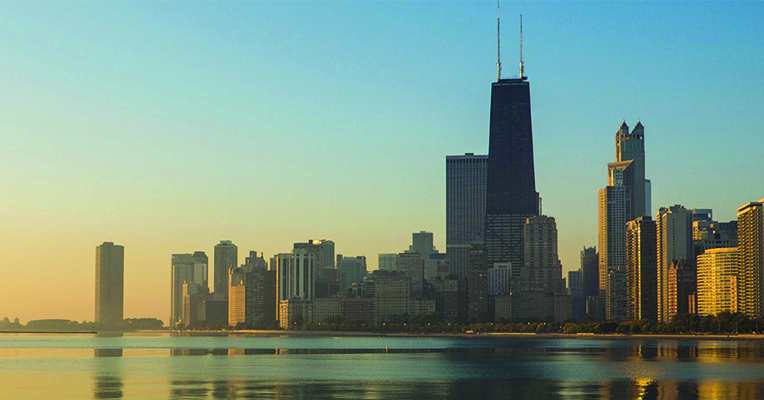Contact: Robert Hirschfeld, Prairie Rivers Network, rhirschfeld@prairierivers.org, (217) 344-2371, ext. 205
Prairie Rivers Network Comments on
Updated Illinois State Water Plan
State offers a roadmap to protect water, but we have a long way to go.
Champaign – Prairie Rivers Network (PRN) congratulates and thanks the state of Illinois for completing a new State Water Plan. If properly put to use, this document should help guide state and local governments’ decisions on how to protect and safeguard our water for the benefit of Illinois’ people and wildlife.
This was a massive, multi-year undertaking, and state agencies and the State Water Plan Task Force should be lauded for thinking about the future of our shared water resources. This is the first time a State Water Plan has incorporated concepts of equity and social justice into its recommendations, and here too, we thank the state for recognizing and taking steps to address the fact that marginalized communities are disproportionately affected by pollution, flooding, climate change, and other environmental problems.
The new State Water Plan contains many ambitious, laudable recommendations. PRN thanks the state for allowing us to participate in the process of developing these recommendations and listening to and incorporating our members’ comments during multiple public comment periods. We are committed to ensuring that the state follows through on implementation of its recommendations over the coming years.

The new State Water Plan makes clear that the condition of many of our waters is rather dire. Eighty-nine percent of assessed rivers are so polluted that they cannot support swimming, whereas 42% are too polluted to fully support aquatic life. Nearly all are too polluted to support fish consumption. “Non-point sources contribute tens of millions of pounds of phosphorus, nitrogen (McIsaac, 2019), and millions of tons of sediments into streams annually.” Centuries of human disturbances have destroyed the natural ecosystems we all rely on for clean water, recreation, and wildlife habitat.
These figures should shock and alarm us and demand our attention. It is our hope that the state is committed to fully addressing these problems. Still we remain concerned that there is a lack of urgency and accountability around efforts to address water pollution, particularly agriculture pollution that is not regulated under the Clean Water Act. For years the state of Illinois has refused to regulate agricultural pollution and has pursued a policy of voluntary incentives only. This has failed to work. The state’s own reports show that nutrient pollution in Illinois’ waters has increased in recent years. And pesticide drift is damaging non-target crops, trees, and natural areas in record numbers.
The State Water Plan acknowledges that nutrient and pesticide pollution is a problem and commits to more funding. That is good, but the state needs to set hard limits and make real commitments to reducing this pollution.
PRN would like to call attention to several recommendations in the plan that we view as positive steps forward. The plan:
- Recognizes that flooding is impacting low-income and marginalized communities and seeks to address this.
- Recommends monitoring groundwater for nitrates. PRN reports have shown that Illinois has a serious problem with nitrate contamination of drinking water.
- Recommends monitoring groundwater for pesticides.
- Recommends setting standards to ensure that streams have enough flow to support fish and wildlife.
- Recommends that the state make rules that would protect isolated wetlands. This is particularly important in light of potential changes to federal law that would remove Clean Water Act protections from some wetlands and small streams.
- Recommends removing dams, culverts, and levees that would improve fish and wildlife habitat.
- Recommends reconnecting streams to their floodplains by removing levees and reducing channelization.
In addition to our critiques about the inadequacy of the plan’s recommendations to address agricultural pollution, we believe the plan fell short in these areas:
- Illinois needs to consider and update the laws that govern water withdrawals so that public access to drinking water and healthy wildlife habitat are protected against wasteful uses.
- The public should have recreational access to all public waters. The state has long improperly restricted public recreation and this plan does not fix that problem.
- The plan presumes that an increase in shipping on the inland waterway system should be promoted. An objective cost/benefit analysis on shipping should be performed, fully considering the massive public subsidies that support that shipping industry, as well as the damage that shipping has caused to the health of river systems in Illinois.
At Prairie Rivers Network (PRN), we protect water, heal land, and inspire change. Using the creative power of science, law, and collective action, we protect and restore our rivers, return healthy soils and diverse wildlife to our lands, and transform how we care for the earth and for each other. PRN is the independent Illinois affiliate of the National Wildlife Federation.







